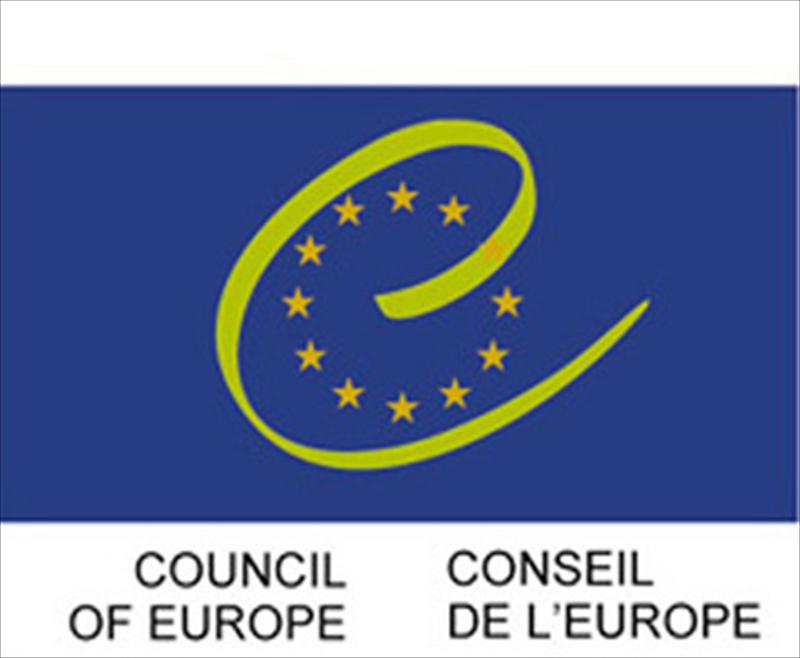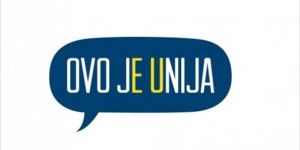Speech by Holger Schroeder, Head of Operations,Delegation of the EU to Bosnia and Herzegovina
Excellencies, Ladies and Gentlemen,
I would like to thank the Council of Europe for having organised this event.
If you allow me I would like to commence my speech by looking at the comprehensive reforms and changes on going in the education systems of the countries of the European Union.
Driving these changes is the recognition that the economic future of the EU lies in capitalising on its human resources and in moving towards a “knowledge society”, a society where knowledge is the primary source of production.
The underlying question is how Europe can safeguard its competitiveness in a rapidly changing global economy.
The top level strategic documents of the EU emphasize the importance of education. Better educational attainment is identified as one of the five targets of the Europe 2020 Strategy. And education and training are attributed a key role in the fulfilment of the other targets of the EU 2020 strategy relating to employment, innovation, poverty reduction and climate/energy.
A competitive economy needs education and training systems that are flexible, open and inclusive. Flexible in order to be able to adapt the provision of skills and knowledge to ever faster changing demands of the economy, open to have access to continuous learning throughout one’s life, and inclusive in order to mobilize all available resources in society, regardless of social, cultural or linguistic differences.
Processes of cooperation at the European level, such as the Copenhagen Process or the Bologna Process, are at the forefront of the changes needed to bring education and training systems in line with the requirements of the 21st century.
These changes include quality assurance, the establishment of a common qualifications framework and an increased focus on learning outcomes rather than inputs, the intensification of mobility between countries and between different providers of education, and the focus on competencies of particular importance in a knowledge economy: entrepreneurial learning, language learning, and intercultural understanding.
It is of the highest importance that BiH participates in these key reform efforts at European level. Indeed, BiH and the EU have committed themselves under the Stabilization Association Agreement (SAA) to cooperate with the aim of raising the level of general education, vocational education and training in Bosnia and Herzegovina.
And I believe Bosnia and Herzegovina – and here I am coming to the particular topic of this conference – needs to overcome some features of its education system that go into the opposite direction of the reforms that are needed.
Practices of segregation or discrimination in education are indeed incompatible with efforts to build a knowledge society and foster competitiveness. They have a negative economic impact as the talents of thousands of young people risk to be locked up and remain unused.
And insofar as they are a violation of human rights, they are also not compatible with the EU aspirations of the country.
In Article 100 of the the SAA, BiH and the EU have agreed to cooperate “with the aim of ensuring that access to all levels of education and training in Bosnia and Herzegovina is free of any discrimination on the grounds of gender, colour, ethnic origin or religion.”
As recently recalled by a ruling issued by the Municipal Court of Mostar, the existing discrimination, segregation or the de facto division of children across ethnic lines continue to hamper access to quality education and do not foster the development of an inclusive, multi-cultural, and tolerant society.
It is time for BiH authorities to look at concrete options through which equal access to education, linguistic diversity, cultural diversity in education can be achieved in the context of a broader education reform.
Some progress has been achieved. To cite just one example, thirty-eight municipalities from all over the country are striving to become more inclusive by implementing the so called Index for inclusion, a self assessment tool that allows schools to develop themselves in an inclusive manner, with the support of their local communities.
The IPA 2013 programme is expected to provide further support to promote inclusiveness in schools over the country, including investments for those school that try to overcome discrimination or segregation.
Under the future Instrument for Pre Accession, human resource development will be one of the priorities for the period 2014 to 2020.
Whether it concerns inclusiveness or support to the modernisation of education, the EU will thus remain committed to cooperate with Bosnia and Herzegovina and to maintain and further increase support to education and training in BiH under the Instrument for Pre-Accession and the EU Community programmes on education and training.
I wish all the participants a fruitful discussion and thank you for your attention.




